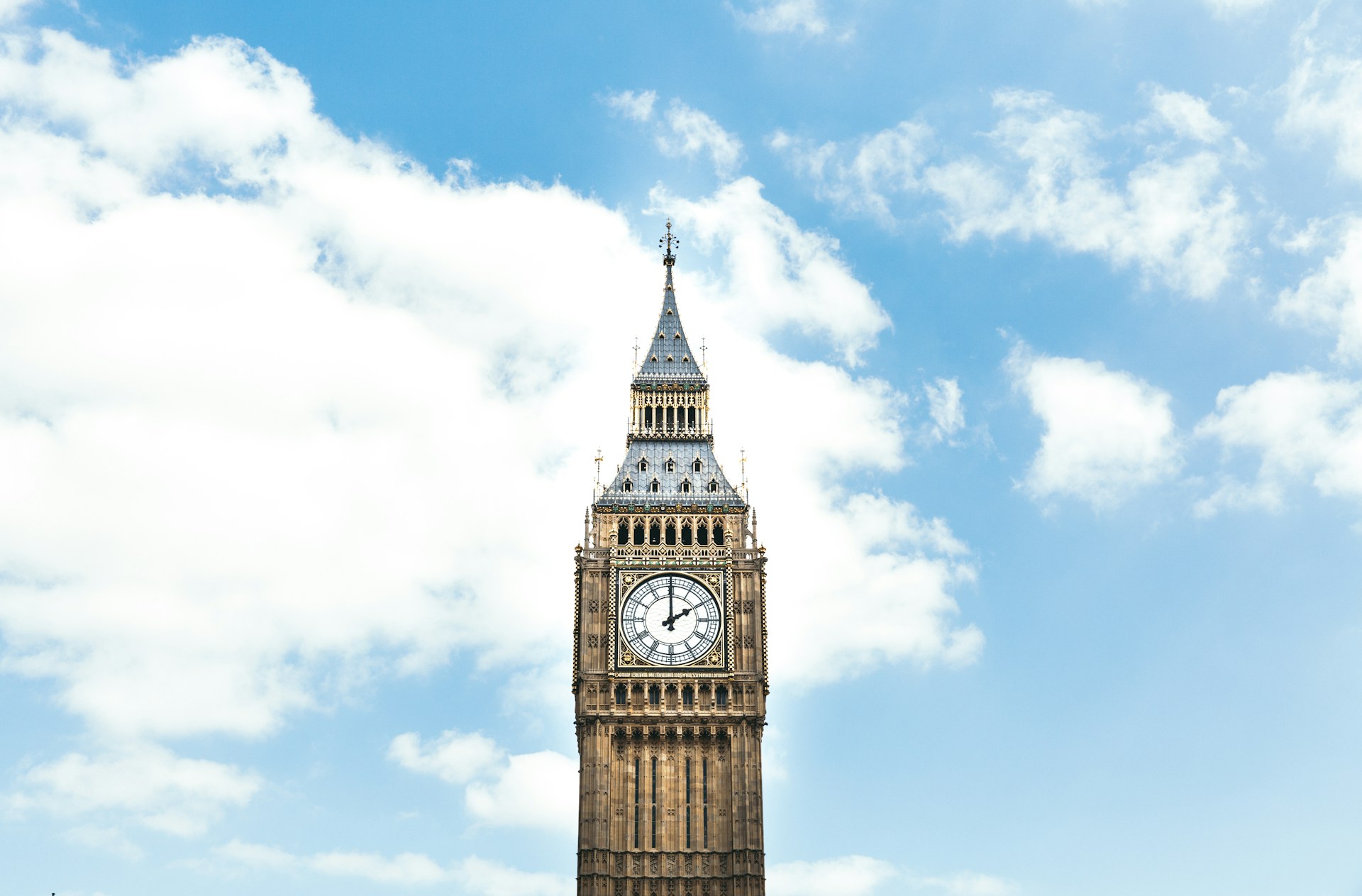Court Upholds Minimum Royalty Payment in Virgin-Alaska Trademark Dispute
[2024] EWCA Civ 622
Court of Appeal rules on trademark licensing agreement between Virgin and Alaska Airlines.
Affected practitioners:
Trademark Law Practitioners Contract Lawyers Commercial Litigators Airline Industry Legal AdvisorsBackground and Parties
The Court of Appeal recently delivered its judgment in the case of Virgin Aviation TM Limited and Virgin Enterprises Limited (collectively, 'Virgin') vs Alaska Airlines Inc ('Alaska'), formerly known as Virgin America Inc. The case revolved around the interpretation of a trademark licensing agreement ('the Licence') dated 19 November 2014.
The Licence granted Alaska the right to use certain Virgin trademarks in its airline operations in exchange for royalty payments, including a specified 'Minimum Royalty' for each financial year. The case citation is [2024] EWCA Civ 622, and the judgment was handed down on 11 June 2024.
Key Issue
The principal issue was whether Alaska was obligated to pay the Minimum Royalty even after it ceased using the Virgin trademarks. The High Court had previously ruled in favor of Virgin, requiring Alaska to pay the Minimum Royalty regardless of its usage of the trademarks. Alaska appealed this decision.
High Court Judgment
In the High Court, Christopher Hancock KC, sitting as a deputy High Court judge, ruled that Alaska must pay Virgin the Minimum Royalty each financial year, even if Alaska derived no gross sales from the use of the trademarks. This decision was based on the interpretation of the Licence's terms, particularly clauses 3.1, 3.6, 3.7, 8.1, and 8.6.
Appeal and Arguments
Alaska's primary argument on appeal was that clause 3.7 of the Licence allowed it to perform the licensed activities without paying royalties, provided it did not use the Virgin trademarks. Alaska contended that this clause should override the obligation to pay the Minimum Royalty.
Virgin, represented by Daniel Toledano KC and Joshua Crow, argued that the Minimum Royalty was a flat fee payable for the right to use the Virgin trademarks, regardless of actual usage. They maintained that the Licence required Alaska to pay the greater of the actual royalties or the Minimum Royalty.
Court of Appeal Decision
The Court of Appeal, comprising Sir Geoffrey Vos, Master of the Rolls, Lord Justice Phillips, and Lady Justice Andrews, upheld the High Court's decision. Lord Justice Phillips, delivering the leading judgment, stated that the Licence's language was clear and unambiguous in requiring Alaska to pay the Minimum Royalty.
The court found that clause 3.7 did not absolve Alaska of its obligation to pay the Minimum Royalty. Instead, it allowed Alaska to perform certain activities without paying royalties, provided it did not use the Virgin trademarks. The Minimum Royalty was deemed a flat fee for the right to use the trademarks, payable regardless of actual usage.
Commercial and Factual Considerations
The court also considered the commercial context and factual matrix surrounding the Licence. It noted that the Minimum Royalty was introduced in 2014 to provide Virgin with a guaranteed income, given the increased risk of a complete de-branding by Alaska. The court emphasized that commercial parties do not intend to provide something for nothing, and Alaska's interpretation would result in an unjustifiable windfall.
Conclusion
In conclusion, the Court of Appeal dismissed Alaska's appeal and upheld the High Court's interpretation of the Licence. Alaska was required to pay the Minimum Royalty to Virgin for the remainder of the Licence term, regardless of its actual usage of the Virgin trademarks.
This judgment reinforces the principle that clear contractual terms must be upheld and provides valuable guidance on the interpretation of trademark licensing agreements.
Legal Representatives: Daniel Toledano KC and Joshua Crow for the Claimants/Respondents (Virgin), Tom Weisselberg KC and Edward Ho for the Defendant/Appellant (Alaska).
Judicial Panel: Sir Geoffrey Vos, Master of the Rolls, Lord Justice Phillips, and Lady Justice Andrews.